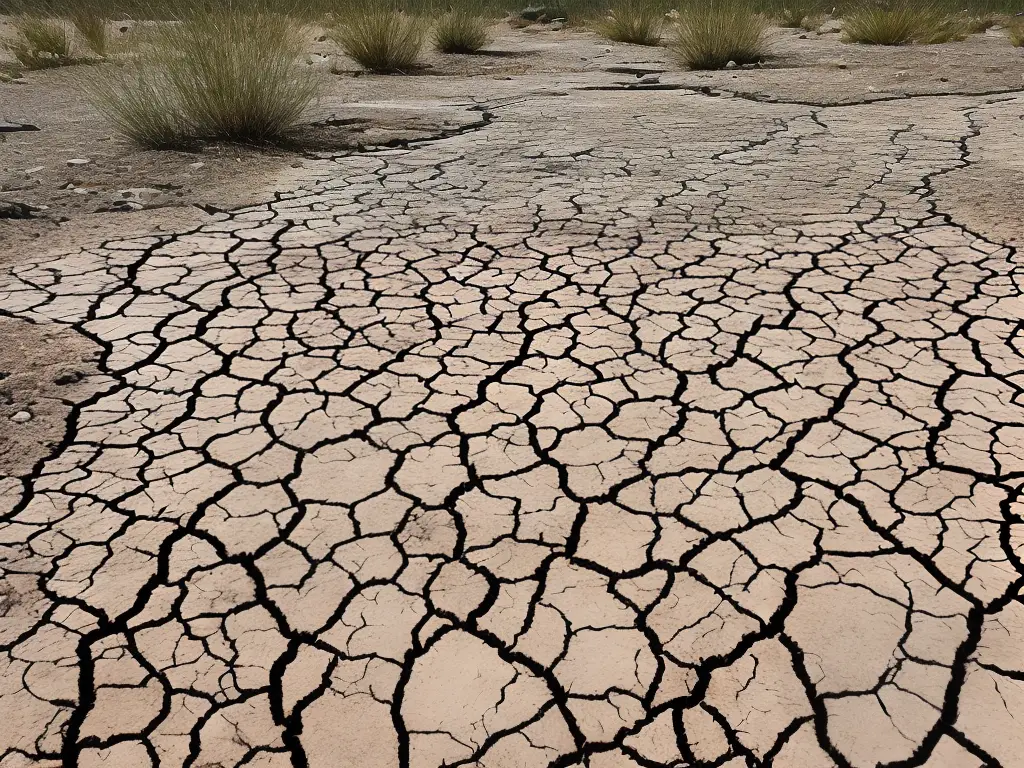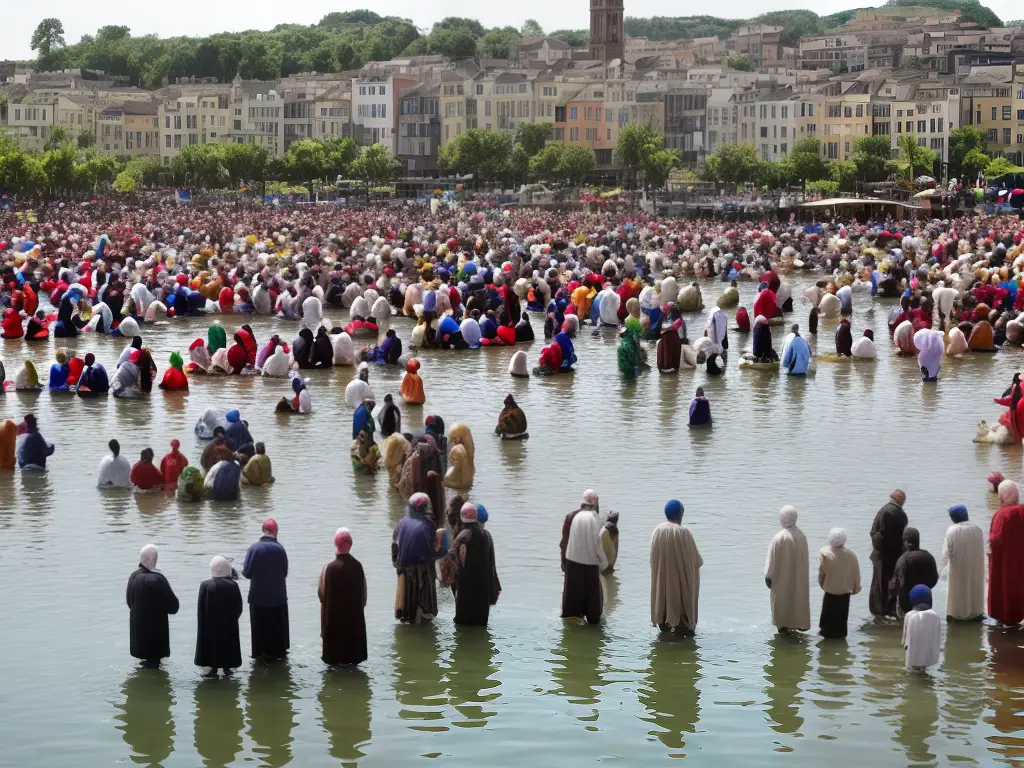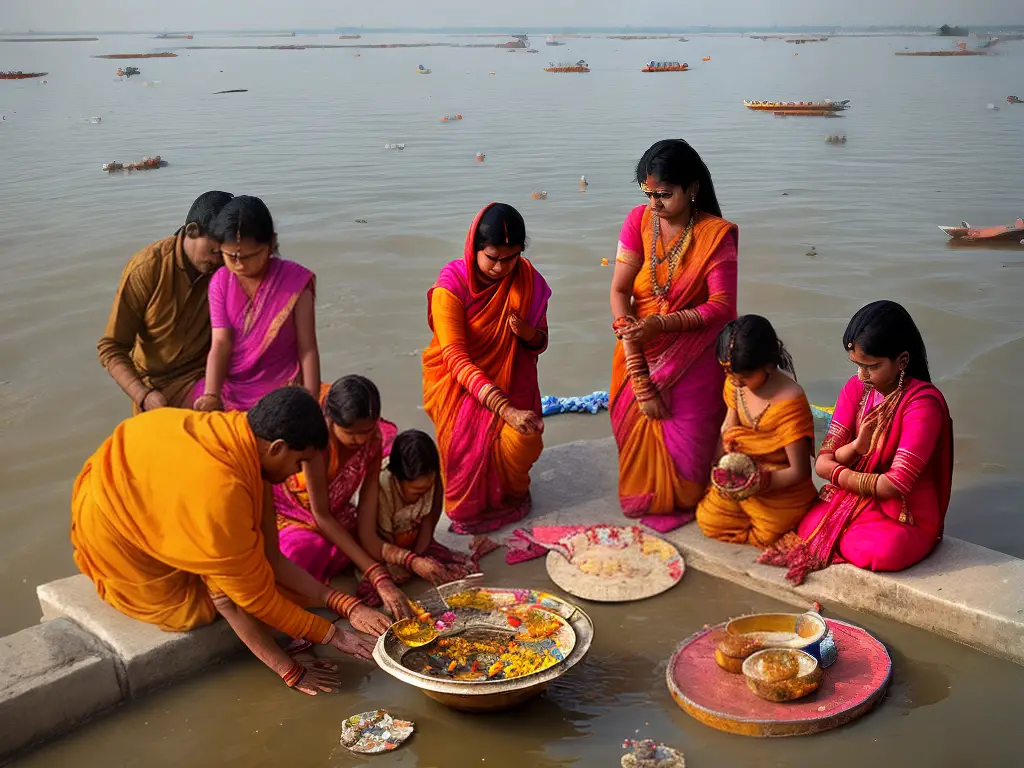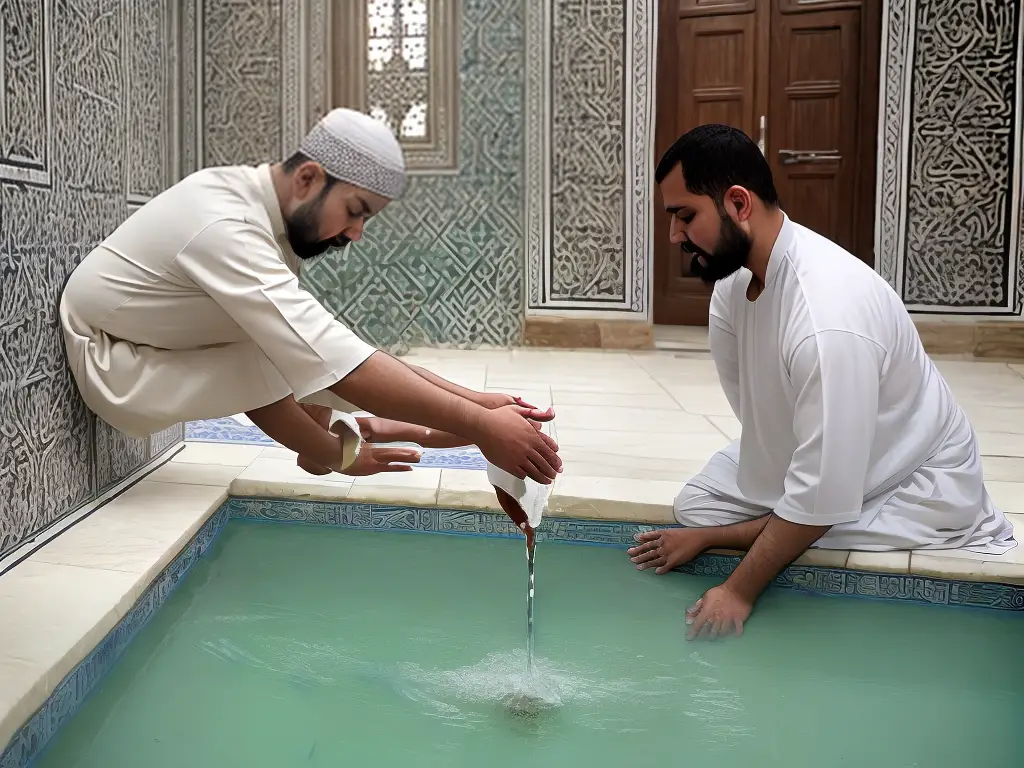The Impact of Droughts and Water Scarcity on Communities
Water is essential for life, and without it, plants, animals, and humans can’t survive. Droughts and water scarcity can have a significant impact on communities all around the world. When there isn’t enough water, farmers can’t grow enough food, which can lead to hunger and malnutrition. Additionally, water scarcity can cause conflicts between different groups who all need access to water.

In many places, droughts can lead to wildfires, which are dangerous and can destroy homes, forests, and wildlife habitat. Water scarcity can also make it difficult for people to maintain hygiene, leading to health problems and the spread of diseases. Overall, a lack of water can result in numerous challenges for communities, including economic difficulties, social unrest, and environmental issues.

The Cultural Significance of Water in Different Societies and Religions
Water has been essential to numerous cultures throughout history and has held a special place in their beliefs and practices. Let’s explore the cultural significance of water in different societies and religions!

1. Hinduism
In Hinduism, water is considered sacred, and the Ganges River in India is believed to be the most sacred river in the world. Hindus believe that bathing in the Ganges can purify the soul and wash away sins. Many rituals and ceremonies in Hinduism involve the use of water, including the offerings made to the gods and the blessings given to people.

2. Christianity
In Christianity, water symbolizes life and purity, and it is used in the sacrament of baptism. During a baptism, a person is cleansed of their sins and welcomed into the Christian community. The ritual of baptism can take many forms, such as sprinkling water on the head or full immersion in a body of water.

3. Islam
In Islam, water plays a vital role in cleansing and purification rituals. Muslims are required to perform a washing ritual, called wudu, before prayer. This ritual includes washing the hands, face, and feet with water. Water is also used during Islamic funeral rites to cleanse the body of the deceased.

In conclusion, water is a precious resource that not only sustains life but also holds a deep cultural and spiritual significance in many different traditions around the world. Recognizing the importance of water can help us better appreciate its value and work together to protect and conserve it for future generations.
